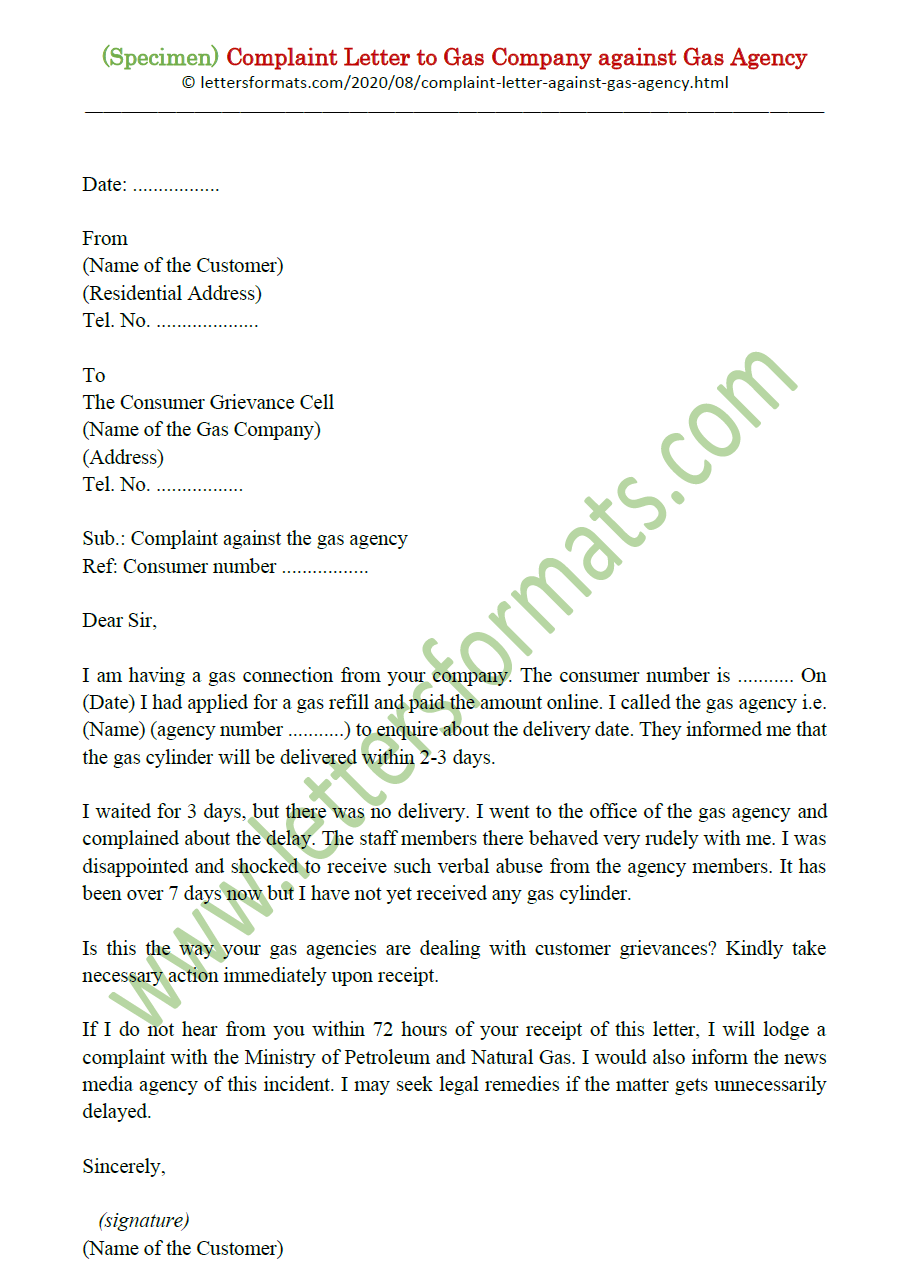Switching Your LPG Provider: A Complete Guide
The subtle hiss of propane fueling your stove, the comforting warmth of your gas-powered heater – these everyday comforts often rely on a seamless supply of LPG. But what happens when your current provider isn't meeting your needs? Perhaps their prices have climbed, their customer service has faltered, or you're simply seeking a more sustainable option. Switching LPG providers can feel like a daunting task, an intricate dance of logistics and safety protocols. However, armed with the right information, the transition can be surprisingly smooth and potentially rewarding.
Navigating the landscape of LPG providers requires a discerning eye. It’s about more than just price; it's about reliability, customer service, and potentially even environmental impact. This guide unravels the complexities of switching LPG suppliers, equipping you with the knowledge and confidence to make an informed choice and execute the changeover seamlessly. From understanding your current contract to choosing the perfect new provider and ensuring a safe cylinder exchange, we'll cover every step of the journey.
The history of LPG distribution is a story of evolving technology and increasing consumer choice. Early systems were often localized and fragmented, but as the demand for LPG grew, so did the need for standardized practices and wider availability. Today, a competitive market offers consumers a range of options, making it crucial to understand the nuances of switching providers to find the best fit. This evolution has also led to stringent safety regulations, highlighting the importance of following proper procedures when changing cylinders or switching suppliers.
One of the key issues in switching LPG providers is ensuring a safe and uninterrupted supply. This involves coordinating the disconnection of your old cylinder and the connection of the new one, often with different connection types and safety features. Understanding these technical aspects is essential to avoid potential hazards. Additionally, navigating the administrative side of switching, including contracts, deposits, and transfer procedures, can be a challenge. This guide aims to demystify these processes, providing clear and concise instructions for a hassle-free transition.
Switching LPG providers entails transferring your account and cylinder from one company to another. This process involves contacting your current provider to inform them of your decision, choosing a new provider that suits your needs, and scheduling the disconnection and connection of your cylinders. It's important to ensure that all safety procedures are followed during the transfer to minimize any risks. Think of it as carefully changing lanes on a highway – you need to signal your intentions, check your blind spots, and execute the maneuver smoothly to avoid any collisions.
Switching providers allows you to explore better pricing options, potentially saving money on your energy bills. For example, a new provider might offer lower per-unit costs or attractive introductory discounts.
A new provider may offer improved customer service, such as more responsive communication, quicker delivery times, and more flexible payment options. This could translate to a more convenient and less stressful experience.
Some LPG providers focus on sustainability, offering bio-LPG or carbon-offsetting programs. Switching to such a provider allows you to reduce your environmental footprint and support eco-conscious practices.
Step-by-step guide for switching LPG providers:
1. Research and compare different LPG providers in your area, considering factors like price, customer service, and environmental practices.
2. Contact your current provider to inform them of your decision to switch and understand any termination fees or procedures.
3. Contact your chosen new provider to set up an account and schedule the delivery and connection of your new cylinder.
4. Ensure the safe disconnection of your old cylinder by a qualified technician.
5. Ensure the safe connection of your new cylinder by a qualified technician, verifying compatibility and checking for leaks.Advantages and Disadvantages of Switching LPG Providers
| Advantages | Disadvantages |
|---|---|
| Potential cost savings | Potential administrative hassle |
| Better customer service | Possible disruption in supply during the switch |
| More sustainable options | Early termination fees from the previous provider |
FAQs
1. How often should I change my LPG provider? - As often as needed to meet your needs and budget.
2. Is it safe to switch LPG providers? - Yes, as long as you follow proper safety procedures and use qualified technicians.
3. What documents do I need to switch providers? - Typically, proof of address and identification.
4. Can I switch providers if I have a fixed-term contract? - Yes, but you may incur early termination fees.
5. How long does it take to switch providers? - Typically, a few days to a week, depending on the providers and your location.
6. What should I do if I smell a gas leak after switching providers? - Immediately evacuate the area and contact your LPG provider or emergency services.
7. Can I keep my old cylinder when switching providers? - No, usually you will return your old cylinder to the previous provider.
8. What happens to my deposit with my old provider? - It should be refunded after settling any outstanding dues.
Changing your LPG provider can seem like a complex undertaking. However, by following the steps outlined in this guide, you can navigate the process smoothly and efficiently. The potential benefits, from cost savings to improved service and even contributing to a greener future, make exploring alternative providers a worthwhile endeavor. By carefully considering your needs and researching your options, you can make a confident decision and transition to a new LPG supplier that best aligns with your requirements. Remember to prioritize safety throughout the process and consult with qualified technicians for any technical assistance.
Express yourself with wellsfargocom card design studio
Tokyo ghoul anime news what you need to know
The power of saying thank you surat terima kasih atas bantuan














